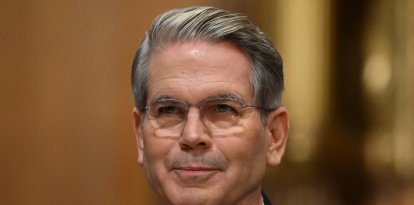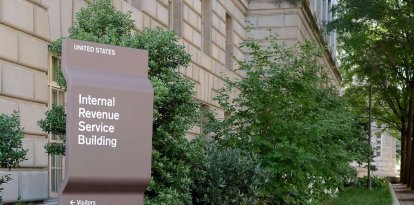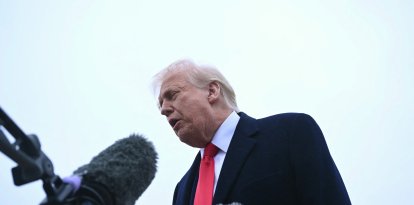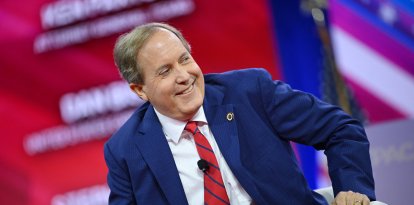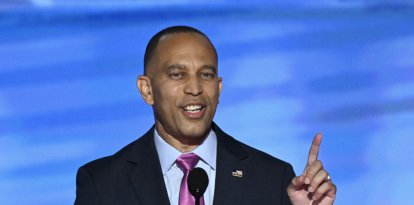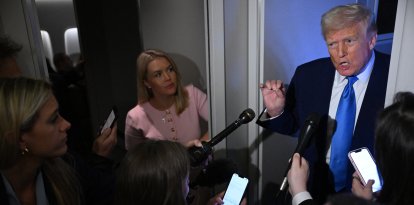Majority of Americans believe current political climate increases likelihood of violence
In the wake of the assassination attempt on former President Donald Trump, 67% of citizens believe politically motivated violence is more likely than normal.
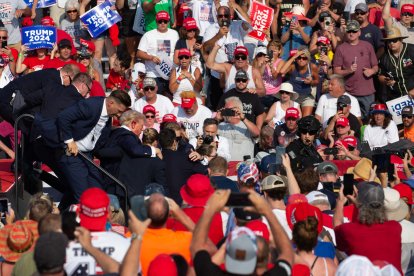
Trump assassination attempt
A survey by YouGov, conducted in the wake of the assassination attempt on ex-President Donald Trump, revealed that most Americans think that "the current political climate" increases the likelihood of "politically motivated violence."
The poll asked, "Do you think the current political climate makes politically motivated violence more or less likely than normal, or the same as normal?"
67% of citizens responded that they believe the current political environment makes politically motivated violence more likely than normal. Only 8% believe it is less likely, and 10% believe it is the same.
Political violence, a "very big problem" in the country
The survey also asked: "How big of a problem do you think political violence is in the U.S. today?"
Half of U.S. adults responded that they see political violence as a "very big problem" in the country right now, while 32% see it as "somewhat of a problem."
The confidence citizens have in the Secret Service's ability to protect presidential candidates is mixed. Only 20% stated that they were "very confident," 45% "somewhat confident," 17% were "not very confident," and 7% were "not confident at all."
An "act of domestic terrorism"
It's not just citizens who question the role of the Secret Service. Just one day after the assassination attempt on Donald Trump, both the deputy assistant director of the FBI, Chris Swecker, and the founder of the military company Blackwater, Erik Prince, pointed to security forces for what happened in Pennsylvania.
The former president was hit by shots fired by 20-year-old Thomas Matthew Crooks while speaking to supporters in Butler. While the presidential candidate received only a wound to the right ear, the shooter killed Corey Comperatore, a father and former firefighter, as well as wounding two others.
The FBI's ongoing investigation calls the act an assassination attempt and an "act of domestic terrorism," defined as "acts within the United States that are intended to intimidate or coerce civilians or influence government policy."
RECOMMENDATION

